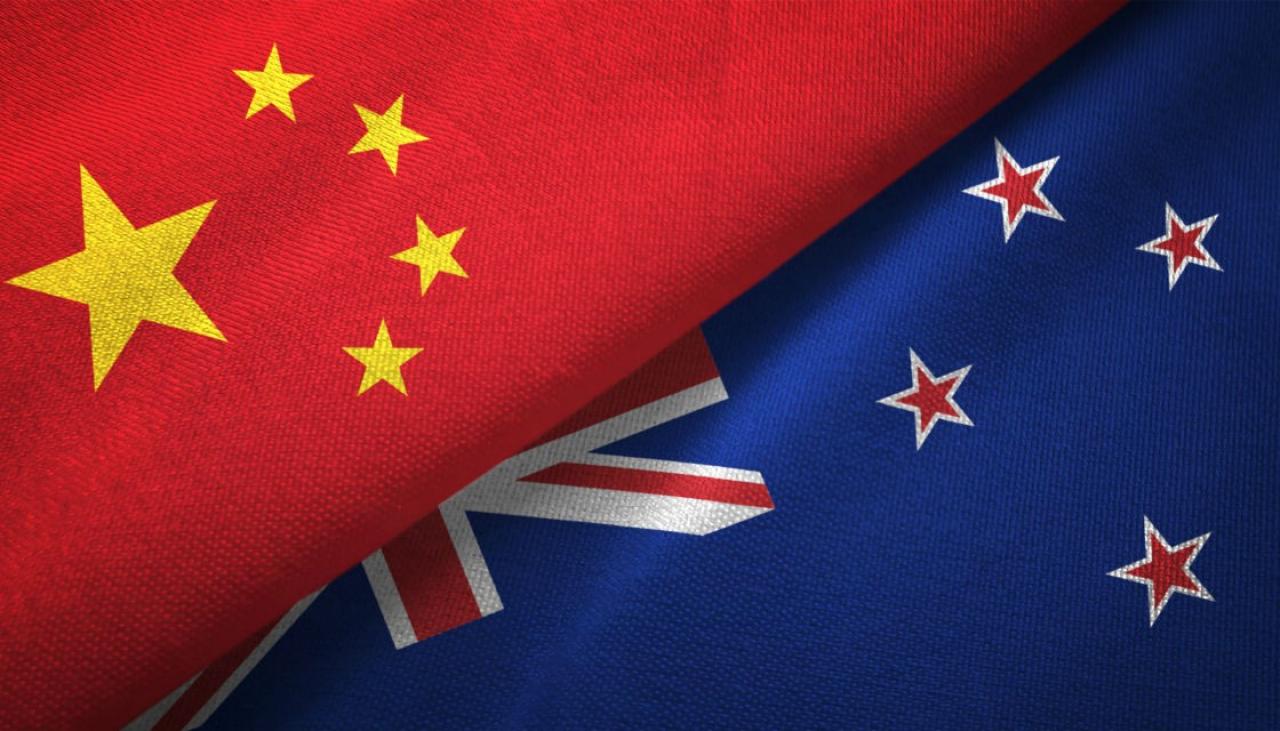The BFD has already covered the economic threats and opportunities to Australia and New Zealand implicit in Trump’s US-China trade deal. For both countries, the Chinese pledge to import $200bn of US agricultural goods is a clear worry. Australia’s energy and iron ore exports to China seem safe enough, but New Zealand has a much bigger problem:
The Trump administration just doesn’t trust your government.
Investors from Australia, Canada and the UK that meet certain criteria will be exempted from some new US restrictions on foreign investment – but New Zealand didn’t make the cut.
The exceptions for Australia, Canada and the UK derive from formal defence and security alliances that each of those countries has with the US, as well as similarities with the US in their existing investment screening regimes.
New Zealand has not been included in the first iteration of the ‘excepted states’ list – the only member of the Anglophone Five Eyes intelligence network comprising the US, UK, Canada, Australia and New Zealand…It follows recent speculation by a top spy that New Zealand’s Five Eyes membership is “on the edge of viability” because of Chinese influence – an allegation refuted by Andrew Little, the minister responsible for New Zealand’s spy agencies […]It’s not the first time New Zealand has missed out on exemptions given to its allies by the US, such as Australia and Canada being let off steel and aluminium tariffs imposed by the Trump administration in 2018.
Newshub
Having a prime minister who openly derides the US president is not a good look either. It might make your cronies back home giggle, but it doesn’t win friends where it counts in Washington. As former Australian PM Malcolm Turnbull found, Trump does not take slights easily. It took a lot of bridge-building to repair Australia’s relationship with the US after Turnbull’s shonky refugee deal with the lame-duck Obama, and Turnbull’s subsequent, disastrous phone call to the new president.
Party elder stateswomen who constantly snipe at the president’s foreign policy don’t help, either.
The New Zealand government might find it politically expedient to cuddle up with mendicant Pacific governments and to soft-soap China’s expansionism in the region, but it ought to be aware that the Chinese communist regime is not their friend, no matter how much money it splashes about trying to win influence.
But the deal also masks the fact that China is playing a long term game to dominate world artificial intelligence and telecommunications systems […[that’s why China has signed a deal that looks to be very favourable to the US – it’s buying time.
While the immediate implications of the deal are important, Australians [and New Zealanders] need to understand the hidden war.
When China says, “Without haste, without fear, we conquer the world”…they mean it.
Data is the currency of the 21st century. China is surveilling its people with Orwellian thoroughness. It wants to extend the tentacles of its panopticon spying into the West as well.
The second aspect of the hidden trade war started when, two decades ago, the US began outsourcing key production to China, enabling China to develop its telecommunications industry and embed its intelligence into the US internet system, which is now akin to electricity in driving nations.
The great driver of this China strategy was Huawei. Today, Huawei, with state backing and the best technology, dominates the global telecommunications market, swamping rival companies. The development of the 5G and subsequent mobile communications systems will transform world communication. The country that dominates 5G will effectively own many areas of innovation and set the standards for the rest of the world. They will be vital in defence. China and Huawei was set to take that position until Trump intervened […] The US, on defence grounds, want its allies to unhook from Huawei to prevent this dominance emerging.
To its credit, the Ardern government initially blocked Huawei from its 5G network. Less than six months later, though, PM Jacinda Ardern reversed that decision. Meanwhile, institutions like Massey University are throwing their portals wide open to Huawei.
The second stage of the deal will not be easy because it is aimed at curbing China’s long-term dominance in artificial intelligence and telecommunications.
theaustralian.com.au/business/economics/uschina-trade-deal-masks-china-agenda-on-ai-telecommunications/
This is where the US will be looking for allies who don’t cosy up to Chinese state-owned telecommunications companies while throwing cheap jibes at the president.
If you enjoyed this BFD article please consider sharing it with your friends.

